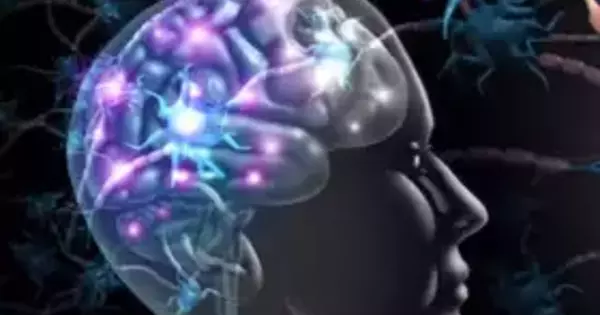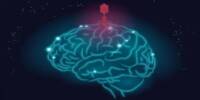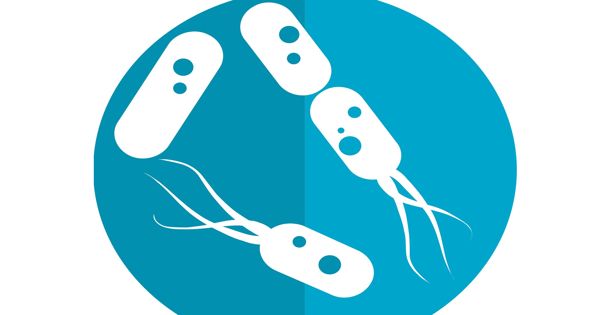A high-fat diet could reduce the brain’s ability to regulate food intake through a variety of mechanisms. One of the most important is the impact that high levels of fat have on the brain’s reward system, which can lead to overeating.
Eating a high-fat/calorie diet on a regular basis may impair the brain’s ability to regulate calorie intake. According to new research in rats published in The Journal of Physiology, the brain adapts to what is ingested and reduces the amount of food eaten to balance calorie intake after short periods of being fed a high-fat/high-calorie diet.
Researchers from Penn State College of Medicine in the United States believe that astrocytes (large star-shaped cells in the brain that regulate many different functions of neurons in the brain) control the signaling pathway between the brain and the gut in the short term. Consuming a high-fat/calorie diet on a regular basis appears to disrupt this signaling pathway.
Understanding the role of the brain and the complex mechanisms that lead to overeating, a behavior that can lead to weight gain and obesity, could aid in the development of treatments. Obesity is a worldwide public health issue because it is linked to an increased risk of cardiovascular disease and type 2 diabetes. In England, 63% of adults are considered overweight, with nearly half of these suffering from obesity. One in every three children who complete primary school is overweight or obese1.
We have yet to determine whether the loss of astrocyte activity and the signaling mechanism is the cause of overeating or whether it occurs in response to overeating. We’re curious whether it’s possible to reactivate the brain’s apparent lost ability to regulate calorie intake.
Dr. Kirsteen
Dr. Kirsteen Browning, Penn State College of Medicine, US, said,
“Calorie intake seems to be regulated in the short-term by astrocytes. We found that a brief exposure (three to five days) of high fat/calorie diet has the greatest effect on astrocytes, triggering the normal signaling pathway to control the stomach. Over time, astrocytes seem to desensitize to high-fat food. Around 10-14 days of eating high fat/calorie diet, astrocytes seem to fail to react and the brain’s ability to regulate calorie intake seems to be lost. This disrupts the signaling to the stomach and delays how it empties.”
When high-fat/calorie foods are consumed, astrocytes initially react. When they are activated, gliotransmitters are released, which are chemicals (including glutamate and ATP) that excite nerve cells and allow normal signaling pathways to stimulate neurons that control how the stomach works. This ensures that the stomach contracts properly in response to food passing through the digestive system. The cascade is disrupted when astrocytes are inhibited. The decrease in signaling chemicals causes digestion to be delayed because the stomach does not fill and empty properly.

The rigorous study employed behavioral observation to track food intake in rats (N=205, 133 males, 72 females) fed control or high fat/calorie diet for one, three, five, or fourteen days. To target specific neural circuits, this was combined with pharmacological and specialist genetic approaches (both in vivo and in vitro). The researchers were able to specifically inhibit astrocytes in a specific region of the brainstem (the posterior part of the brain that connects the brain to the spinal cord), allowing them to assess how individual neurons behaved when the rats were awake.
Human studies will be required to confirm whether the same mechanism occurs in humans. If this is the case, additional testing will be required to determine whether the mechanism can be safely targeted without disrupting other neural pathways.
The researchers intend to look into the mechanism further. “We have yet to determine whether the loss of astrocyte activity and the signaling mechanism is the cause of overeating or that it occurs in response to overeating,” Dr. Kirsteen Browning said. We’re curious whether it’s possible to reactivate the brain’s apparent lost ability to regulate calorie intake. If this is the case, it may lead to interventions to help restore calorie regulation in humans.”
















